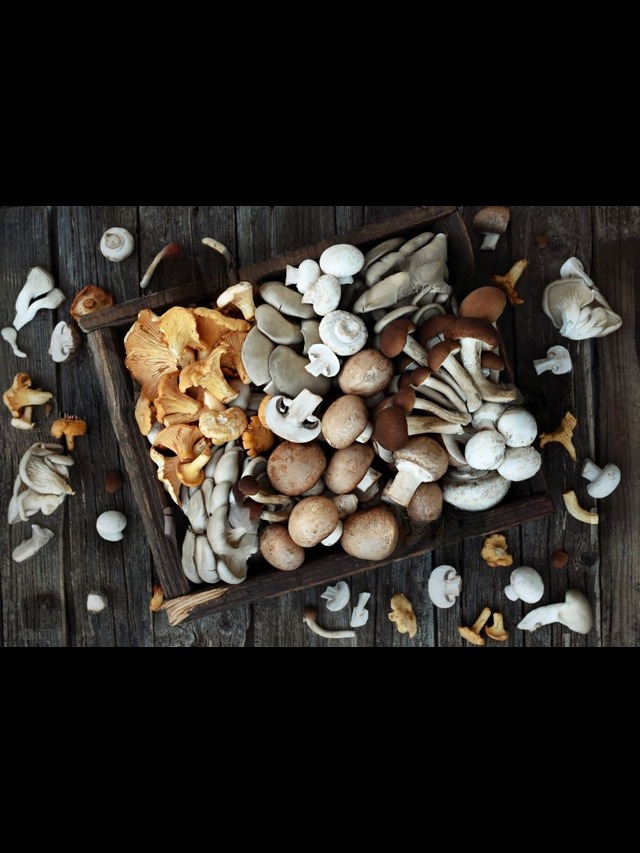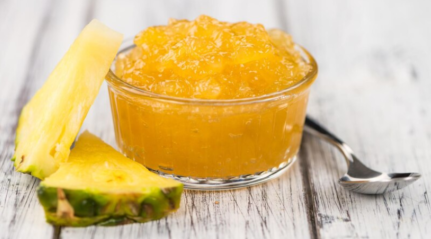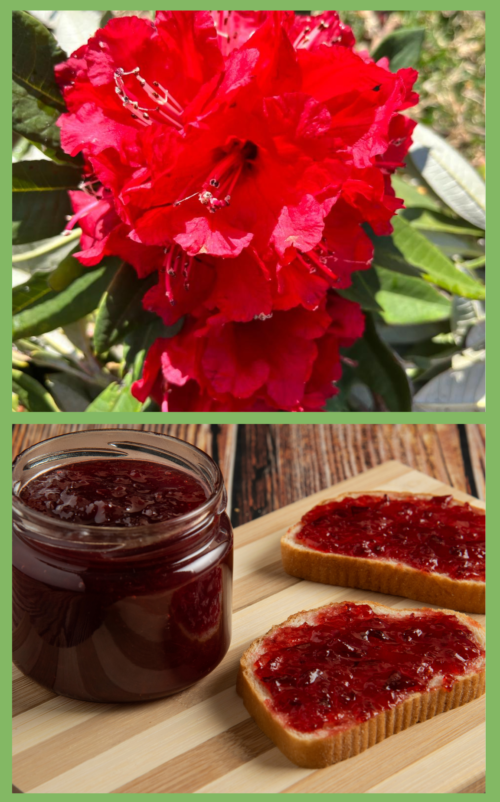
Introduction
Mushrooms have long held a special place in the realm of gastronomy, known for their unique flavors and versatility in culinary creations. Beyond their delectable taste and texture, mushrooms also offer a plethora of health benefits. In this article, we delve into the world of “Mushroom nutrition,” with a special focus on the diverse array of mushroom types found in India. Join us on this journey as we uncover the nutritional riches hidden within these fungi.
Understanding Mushroom Nutrition
The Power of Mushrooms
Mushrooms are often referred to as nature’s umami. They are low in calories but pack a nutritional punch. These fungi are an excellent source of essential nutrients, including vitamins, minerals, and antioxidants. Let’s explore some of the key nutritional components found in mushrooms:
1. Vitamins Galore
Mushrooms are rich in vitamins such as:
a. Vitamin D
Mushrooms exposed to sunlight can be a natural source of vitamin D, essential for bone health and immune system support.
b. B Vitamins
Mushrooms contain B vitamins, including riboflavin, niacin, and pantothenic acid, which play vital roles in energy metabolism.
2. Abundant Minerals
a. Selenium
Selenium-rich mushrooms have antioxidant properties that protect cells from damage and support thyroid function.
b. Potassium
Mushrooms are a good source of potassium, which helps regulate blood pressure and maintain proper heart function.
Mushroom Types in India
India is home to a diverse range of mushrooms, each with its unique flavor profile and nutritional benefits. Let’s explore some of the most popular mushroom types found in the country:
1. Button Mushrooms (Agaricus bisporus)
These mild-flavored mushrooms are a staple in Indian kitchens. They are low in calories and provide a good dose of selenium and B vitamins.
2. Oyster Mushrooms (Pleurotus ostreatus)
Oyster mushrooms are known for their delicate taste and are packed with nutrients like iron, potassium, and B vitamins.
3. Shiitake Mushrooms (Lentinula edodes)
Shiitake mushrooms are famous for their robust flavor and are a source of ergosterol, which can convert into vitamin D when exposed to sunlight.
4. Reishi Mushrooms (Ganoderma lucidum)
Reishi mushrooms are revered for their potential health benefits, including immune system support and anti-inflammatory properties.
5. Morel Mushrooms (Morchella spp.)
Known as a delicacy, morel mushrooms are rich in iron, copper, and zinc.
Incorporating Mushrooms into Your Diet
Versatile Mushroom Recipes
Now that we’ve explored the nutritional value of mushrooms let’s discuss how you can incorporate them into your daily meals. Here are some delicious recipes to try:
1. Mushroom Stir-Fry
Create a flavorful stir-fry with a mix of your favorite mushrooms, colorful vegetables, and a savory sauce.
2. Stuffed Mushrooms
Stuff button mushrooms with a mixture of herbs, cheese, and breadcrumbs for a delightful appetizer.
3. Mushroom Soup
Blend various mushrooms to make a creamy and nutritious mushroom soup.
Conclusion
In conclusion, mushroom nutrition is a topic that deserves attention due to the remarkable health benefits these fungi offer. From their vitamin and mineral content to their diverse types in India, mushrooms are a treasure trove of nutrition waiting to be explored in your culinary adventures. So, why wait? Add a variety of mushrooms to your diet today and savor both their taste and health benefits.
FAQs
1. Are all mushrooms safe to eat?
- While most mushrooms are safe for consumption, some wild varieties can be toxic. It’s essential to be cautious and only consume mushrooms from reputable sources or those you can confidently identify.
2. Can mushrooms help boost the immune system?
- Yes, certain mushrooms, like reishi and shiitake, are believed to have immune-boosting properties due to their high levels of beta-glucans and other bioactive compounds.
3. What is the best way to store mushrooms?
- Mushrooms are best stored in a paper bag in the refrigerator. Avoid plastic bags as they can cause moisture buildup and spoil the mushrooms.
4. Are there any vegan mushroom recipes?
- Absolutely! Many vegan recipes, such as mushroom risotto and vegan mushroom gravy, can be found online.
5. Can mushrooms aid in weight management?
- Yes, mushrooms are low in calories and can be a healthy addition to a weight management plan by providing flavor and nutrition without excess calories.





